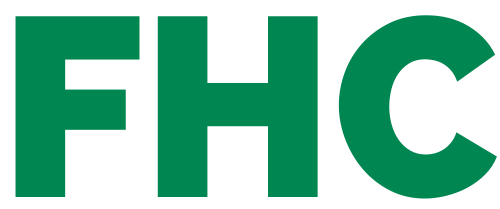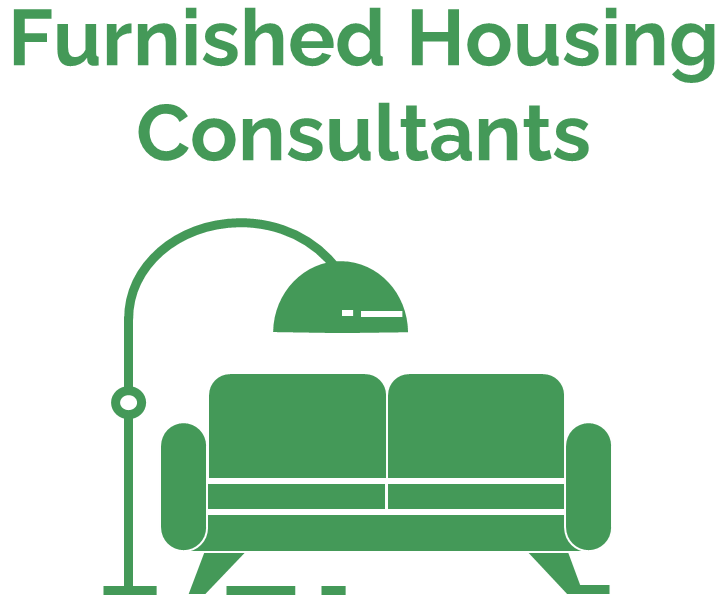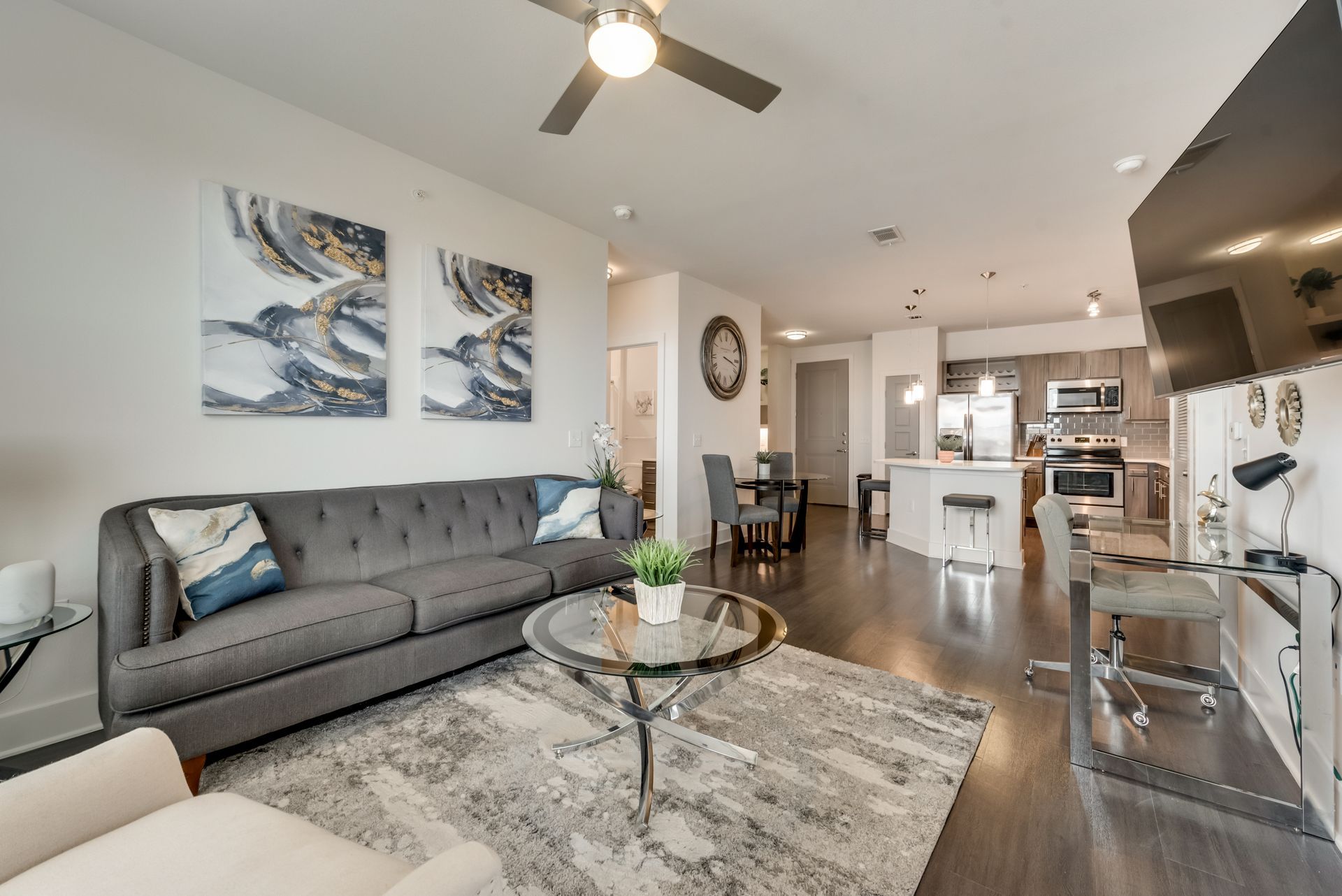Top 3 Mistakes Homeowners Make When Managing Their Furnished Rentals Themselves

Many homeowners step into the furnished rental market expecting strong returns, but few realize how much strategy and structure are required to succeed. Without the right systems in place, it’s easy to lose money, feel overwhelmed, or miss out on high-quality tenants.
At Furnished Housing Consultants, we’ve seen that homeowners who succeed focus on three critical areas:
presenting their property professionally, managing the guest experience effectively, and maintaining consistent, strategic marketing. Ignoring these fundamentals often leads to underperformance — not because the property lacks potential, but because the approach does.
1. Poor Property Presentation and Furnishings
One of the biggest mistakes is thinking that “furnished” just means adding any available furniture. In reality, the corporate rental market attracts professionals and executives who expect comfort, style, and functionality. A common pitfall is the use of outdated or mismatched furniture; guests expect clean, modern, and cohesive interiors, not hand-me-downs. Furthermore, the lack of essentials like proper kitchenware, high-quality linens, good lighting, or reliable Wi-Fi are absolute deal-breakers. Beyond the physical items, unprofessional staging and low-quality photos taken with a smartphone will turn off serious guests, as those crucial first impressions happen online. In the corporate rental world, guests often don’t choose properties—their companies do. If your listing doesn’t look polished and inviting, it simply won’t make the shortlist, and if the stay doesn’t deliver on expectations, there won’t be repeat business.
2. Weak Guest Management and Support
Managing a furnished rental isn’t just about handing over the keys—it’s about creating a seamless experience from inquiry to check-out. Many homeowners significantly underestimate the daily demands of guest support. A frequent issue we observe is slow or inconsistent communication; busy travelers expect timely responses, and delays quickly create frustration and damage trust. Beyond communication, there's often no 24/7 support in place. Problems don’t follow business hours—if something breaks in the middle of the night, guests expect immediate solutions. Moreover, skipping proper guest vetting or screening is a common mistake that can lead to property damage, noise complaints, or unreliable tenants. Without experience in conflict resolution, homeowners may also struggle with the unclear handling of issues, causing even minor problems to escalate and result in poor reviews. Ultimately, great guest experiences lead to better reviews, longer stays, and valuable word-of-mouth referrals, while poor management, conversely, leads to reputational damage and a significant loss of income.
3. Ignoring Legal, Insurance, and Tax Essentials
This is arguably the most costly oversight. Renting a furnished property—especially for short- or mid-term stays—comes with complex legal, tax, and insurance implications that many homeowners aren’t equipped to handle. Homeowners frequently overlook crucial local laws; cities may have strict regulations around short-term or corporate rentals, with permits, licenses, and occupancy limits varying widely. Another critical error is relying on inadequate insurance. Standard homeowner’s insurance typically does not cover rental activity, and without specialized landlord or commercial property coverage, you risk severe financial loss in the event of damage or liability claims. Furthermore, mismanaging taxes—from local occupancy tax to income tax—involves multiple layers to track, and mistakes can easily lead to penalties or missed legitimate deductions. Finally, a weak lease agreement provides insufficient protection; a generic lease simply won’t suffice, as corporate or mid-term stays require clear, tailored terms, especially concerning deposits, damages, and early exits. Non-compliance with regulations can result in hefty fines or even being shut down entirely, and without the right protections in place, one unfortunate incident can easily wipe out your entire earnings.
Why Professional Management Makes a Difference
For homeowners serious about maximizing returns and reducing risk, partnering with a corporate furnished rental management company isn’t just a convenience—it’s a strategic decision. An experienced partner brings proven systems, a network of vetted vendors, critical compliance know-how, and reliable, round-the-clock guest support. All of this happens while also helping homeowners build their own competence in the space. Instead of learning through costly trial and error, you gain peace of mind, consistent income, and a better-performing asset.






